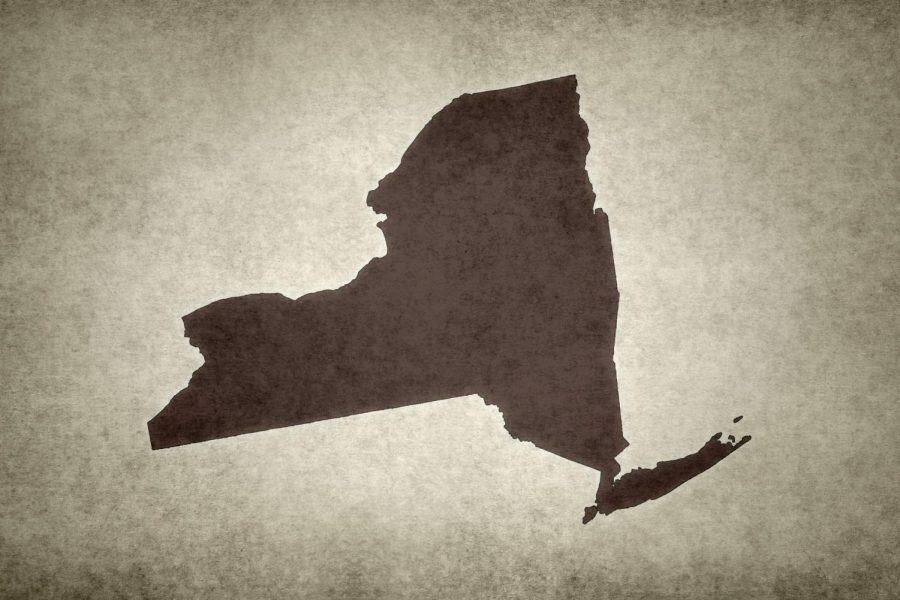Opinion: NYS Consumer Protection Bill Provides Needed Safeguards
When Democrats captured the New York Legislature in 2018, prognosticators predicted that New York would quickly pass progressive laws. Yet more than three years later, New Yorkers still lack the consumer protections of red and purple states like Arkansas, Georgia, North Carolina, and West Virginia.
Unlike most other states, New York does not ban unfair business practices — the same ban that empowered the Sandy Hook plaintiffs to hold accountable the manufacturer of the gun that killed their children. Imagine not having that recourse if such a tragedy occurred in New York.
Or consider the more common case of Tennessee resident Mark Wolfe, unfairly turned down for a job because a bank had carelessly given an identity thief a credit card in Wolfe’s name. The thief ran up bills and didn’t pay them, damaging Wolfe’s credit record. Wolfe was able to sue the bank under a Tennessee law barring unfair conduct. If the same happens to a New Yorker, the New Yorker would be out of luck.
Claims based on unfairness — and its cousin, abusiveness — have protected millions of Americans when they had no other options. When Wells Fargo opened millions of unauthorized accounts, the federal Consumer Financial Protection Bureau based its claim on its unfairness and abusiveness powers. In other states, unfairness laws also protect consumers against predatory lending, price-gouging, and a wide variety of other problems. But New York’s consumer protection law lacks such prohibitions.
Now that could change. The proposed Consumer and Small Business Protection Act would give New Yorkers protections enjoyed by other states’ consumers. Long Island legislators from both parties, including State Sen. Kevin Thomas and Assembly members Steve Englebright, Michael Montesano, Joe DeStefano and Michaelle Solages, are among the supporters.
Unsurprisingly, the business lobby has mobilized against the bill. The American Property Casualty Insurance Association has warned that the bill would produce an “explosion of litigation.” Similarly, the Business Council says the bill would lead to “a needless spike in the number of meritless lawsuits.”
Those objections would be worrisome — except that the business lobby made similar arguments in 1980 when New York gave consumers the right to sue for deceptive acts, and those arguments proved baseless. Back then, the New York State Bankers Association claimed that the law would “all but guarantee a rash of spurious suits.” That prediction has itself turned out to be, well, spurious. But while there has been an explosion of litigation since New York enacted the 1980 law, it’s not of consumers suing businesses. Rather, it’s of businesses suing consumers — which now represent about a quarter of all cases nationwide.
Businesses also object that the bill would raise the amount consumers can recover from $50 to $1,000. But as the distinguished jurist Richard Posner wrote, only a “lunatic or a fanatic” sues for amounts like $50. The amount consumers recover needs to be enough to make it worth their while to go through the unpleasantness of a lawsuit and to deter bad actors from misconduct. Even so, $1,000 compares quite favorably to the amount consumers can recover in the red state of Kansas: $10,000, or 200 times what New York law currently provides.
Businesses in other states have thrived in fair marketplaces that protects consumers. So will New York businesses. It’s past time that New York legislators give their constituents the same protections against overreaching that consumers in other states have.
Professor Jeff Sovern focuses his scholarly research and writing on consumer law. He teaches teaches Civil Procedure, Consumer Protection, Payment Systems, and Introduction to Law at St. John’s. This guest essay appeared originally in Newsday on April 18, 2022.

